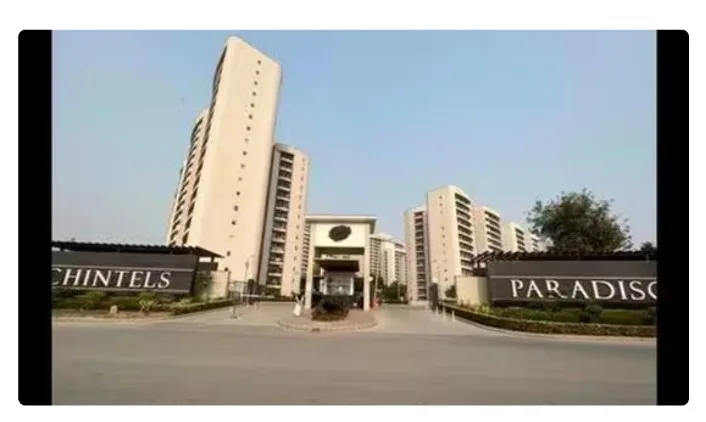In a significant development, the Supreme Court has ruled that the builders of Gurugram’s Chintels Paradiso society, where a tragic roof collapse occurred in February 2022, resulting in two fatalities, must pay rent for alternate accommodation to approximately 125 flat buyers. These homeowners had agreed to temporarily vacate the premises for the reconstruction of their houses, following a safety audit that deemed five out of the nine towers structurally unsafe.
The court, presided over by justices Hrishikesh Roy and Prashant Kumar Mishra, addressed a petition filed by around 188 residents of the society seeking a probe into the February 10, 2022 mishap and requesting a safety audit to prevent a recurrence.
The Central Bureau of Investigation (CBI) had initiated a probe in January last year, and IIT-Delhi had conducted a safety audit of the structures in question. The court focused on examining the issue of alternate residence for residents opting to continue with the society, provided the builder commits to reconstructing it on the same site.
The court emphasized that during the reconstruction period, the builder must pay reasonable rent to affected flat buyers for their alternate accommodation. It directed the Haryana government to expedite all necessary permissions for reconstruction.
Advocate Prashant Bhushan, representing the homebuyers, expressed concerns about potential delays in reconstruction and urged the court to ensure rent payment for the period before reconstruction begins. However, the court declined this request, stating that while it typically does not intervene in disputes between flat buyers and builders, the Chintels case was extraordinary due to the loss of lives in the tower collapse.
The court urged the CBI to conclude its investigation, leaving the committee headed by the divisional commissioner, Gurugram, to determine the quantum of “reasonable rent.”
The petitioners also raised grievances about the builder’s demand for an additional ₹1000 per square foot as a reconstruction charge. The court suggested that the matter be discussed between the builders and buyers.
As the primary concerns regarding investigation and structural safety were addressed, the court deemed it appropriate to close these proceedings.







